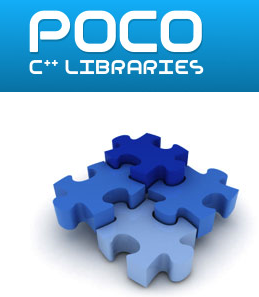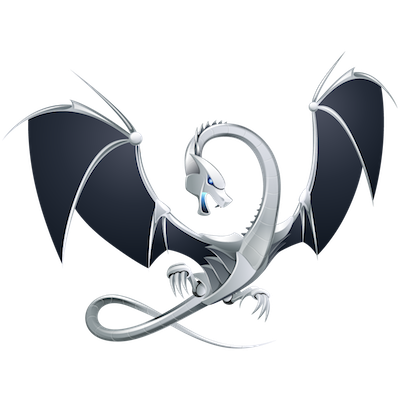Visual Studio 2017 Version 15.7 Preview 2--Christine Ruana
Today Microsoft released the second preview of the next update: Visual Studio 2017 version 15.7:
Visual Studio 2017 Version 15.7 Preview 2
by Christine Ruana
C++ Standards Conformance Highlights (detailed C++ release notes here):
Implemented Template argument deduction for class templates:
pair p{2, 2.5};
Full implementation of Expression SFINAE
Expand the using declaration to support pack expansion semantics for variadic base class members
Implemented parallel algorithms conforming to the ISO C++17 standard


 LLVM 6.0.0 and Clang 6.0.0 are now available.
LLVM 6.0.0 and Clang 6.0.0 are now available.